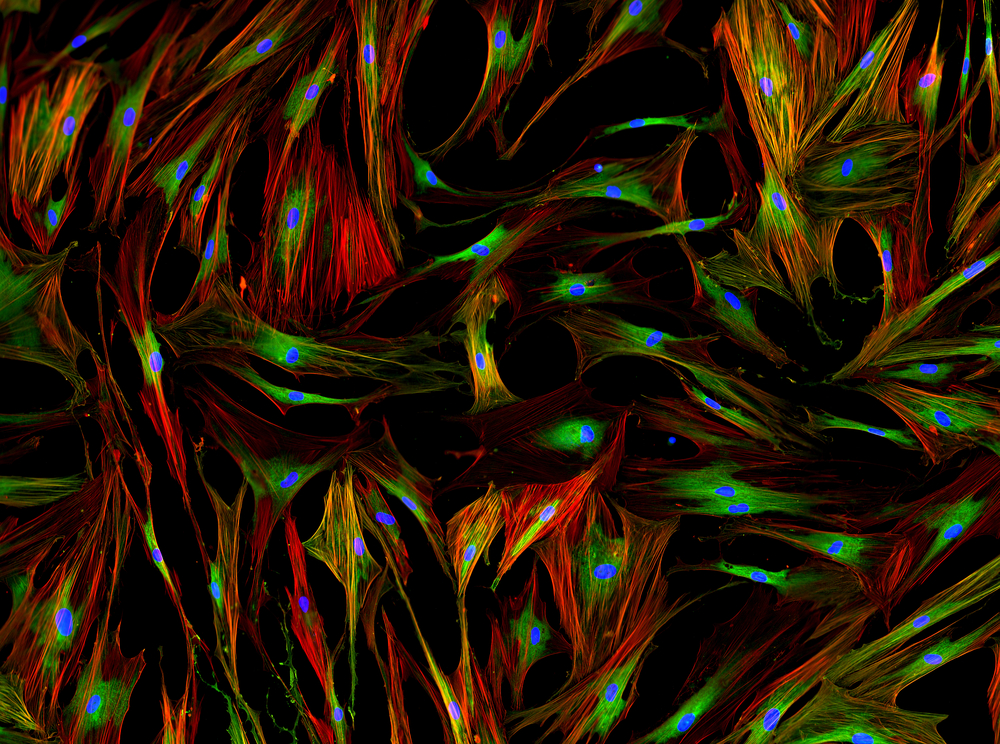FDA Grants Orphan Drug Designation to Fibrocell’s FCX-013, a Gene Therapy for Localized Scleroderma

The U.S. Food and Drug Administration (FDA) has designated a potential gene therapy for localized scleroderma, FCX-013 by Fibrocell Science, an orphan drug to help advance its development and testing.
Fibroblasts, the basis of Fibrocell’s personalized cell and gene therapy platform, are the most common cell in skin and connective tissue, and responsible for synthesizing extracellular matrix proteins, including collagen, which provides structure and support.
FCX-013 is an autologous dermal fibroblast transduced with a gene that encodes a protein able to regulate collagen accumulation at the site of the localized disease (through the breakdown of excess collagen). It incorporates Intrexon’s proprietary RheoSwitch Therapeutic System, designed to allow researchers to control future expression of the protein once fibrosis has been resolved. FCX-013 is currently in preclinical development for the treatment of linear scleroderma.
“Achieving orphan drug designation for FCX-013 is an important regulatory milestone for us,” said David Pernock, chairman and chief executive officer of Fibrocell, in a recent press release. “We recently reported the successful completion of a proof-of-concept study in which FCX-013 reduced the dermal thickness of fibrotic tissue in a scleroderma rodent model. Based on these results, we advanced FCX-013 into pre-clinical dose ranging and toxicology/biodistribution studies for product optimization. We expect to submit an Investigational New Drug application for FCX-013 to the FDA in 2017.”
FCX-013 is the company’s second gene-therapy candidate receiving orphan drug designation, the other being FCX-007. The FDA also recently approved the start of a Phase 1/2 study of FCX-007 as a potential treatment of recessive dystrophic epidermolysis bullosa.
Localized scleroderma is a chronic autoimmune disease characterized by thickening of the skin and connective tissue, and can be debilitating and painful.






